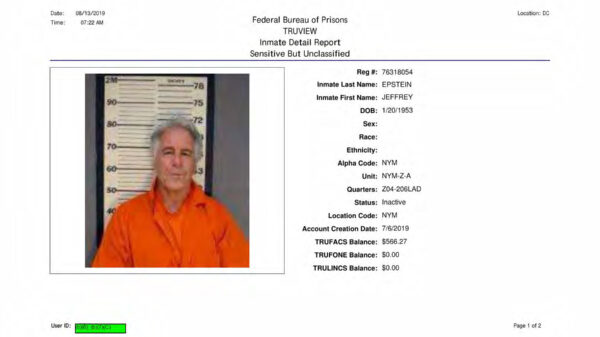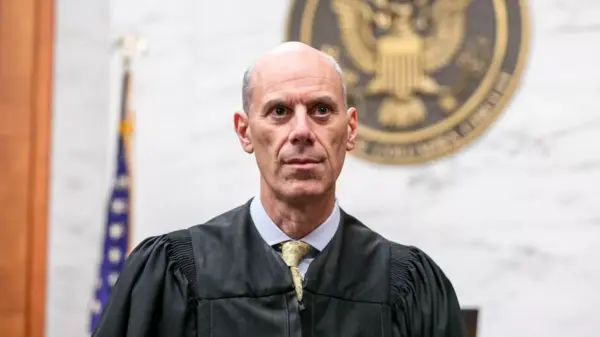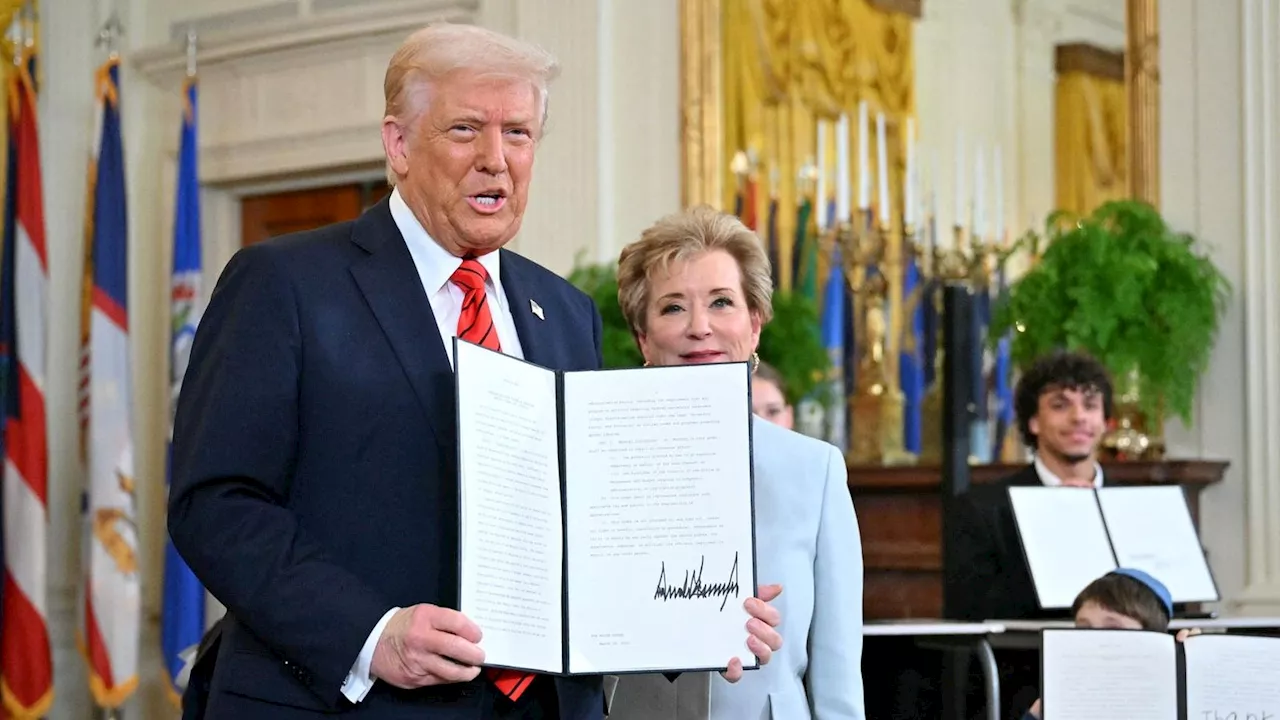The U.S. Department of Education is undergoing significant changes as the Trump administration announced plans to partially dismantle the agency. This decision, revealed on March 20, 2025, could have profound implications for federal student loan borrowers, particularly as the administration considers transferring or selling portions of the $1.6 trillion student loan portfolio.
Education Secretary Linda McMahon stated, “The Trump Administration is taking bold action to break up the federal education bureaucracy and return education to the states.” The administration aims to cut through what it describes as excessive red tape and empower local leaders in education. This announcement adds to a series of significant changes initiated earlier this year, including mass layoffs that reduced the department’s workforce by approximately 50%.
The plans follow an executive order issued by President Donald Trump in March, which called for the department’s operations to be wound down. In this order, Trump argued that eliminating the Education Department would enhance program implementation in higher education. He compared the department’s management of student loans to that of a large bank, asserting that it does not operate with the efficiency necessary to serve American students.
As part of this restructuring, the department will not be entirely closed, as that would require legislative approval from Congress. Instead, various programs will be transferred to other federal agencies, which may include K-12 and postsecondary education initiatives, tribal education programs, and childcare support services.
The Office of Federal Student Aid, which oversees federal student loans, will remain within the department for now. Yet, discussions are ongoing regarding potentially moving this office to another agency, such as the Department of the Treasury. Critics of this potential shift argue that federal law mandates the Federal Student Aid office to operate within the Department of Education, and any change would require congressional action.
The ongoing changes have already resulted in operational disruptions. The department temporarily halted the application process for income-driven repayment plans and related student loan forgiveness programs, leading to a backlog that peaked at over two million applications. Although efforts have been made to address this backlog, more than one million applications remain unprocessed.
Furthermore, the management of programs aimed at assisting borrowers with total and permanent disabilities has also slowed significantly, prompting the department to seek an extension for deadlines on legal settlements related to defrauded borrowers. A court hearing regarding these settlements is scheduled for December.
Concerns have been voiced about the implications of selling federal student loans to private entities, which could further complicate borrowers’ access to repayment plans and forgiveness programs. According to the Project on Predatory Student Lending, the Secretary of Education has the authority to sell existing Direct Loans, but the provision has never been utilized.
On October 15, a group of Democratic lawmakers, led by Senator Elizabeth Warren, urged the administration to refrain from privatizing the federal student loan portfolio. They expressed that such a move would jeopardize borrowers’ legal protections and potentially violate taxpayer interests.
As the department continues to reorganize, it remains unclear how these changes will affect borrowers in the long term. Stakeholders are watching closely, as ongoing adjustments may complicate the administration of student loans and related services, leaving many borrowers uncertain about their financial futures.



































































